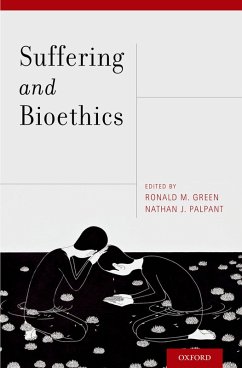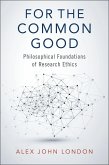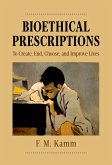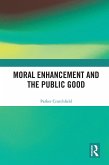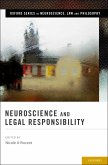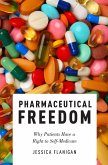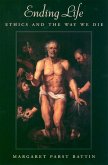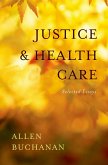Long before it cured disease, medicine aimed to relieve suffering-but despite that precedence, the relief of suffering often takes a back seat in today's biomedical research and treatment. Modern bioethics, too, has been slow to come to terms with suffering. Attention to ethical quandaries has sometimes displaced attention to the experience of patients. This book seeks to place suffering at the center of bioethical thinking once again. Among the questions its contributors explore are: What is the meaning of suffering? How does it relate to pain? If there can be pain without suffering, can there be suffering without pain? Does suffering require advanced cognitive abilities? Can animals suffer? Many believe that we have strong obligations to relieve or minimize suffering; what are the limits of these obligations? Does the relief of suffering justify the termination of a patient's life, as proponents of euthanasia maintain? What is the bearing of suffering on the cherished bioethical principle of autonomy? Can suffering impair a patient's ability to make reasoned choices? To what extent must the encounter with suffering be an important component of medical education? Do religious traditions ever move from efforts to explain and relieve suffering to positions that justify and promote it? The aim of this book is to undertake a new foray into this "foreign territory" of suffering. With a foreword by the distinguished bioethicist Daniel Callahan, its twenty-two chapters, authored by leading scholars in science and bioethics, are organized so as to examine suffering in its biological, psychological, clinical, religious, and ethical dimensions.
Dieser Download kann aus rechtlichen Gründen nur mit Rechnungsadresse in A, B, BG, CY, CZ, D, DK, EW, E, FIN, F, GR, HR, H, IRL, I, LT, L, LR, M, NL, PL, P, R, S, SLO, SK ausgeliefert werden.

